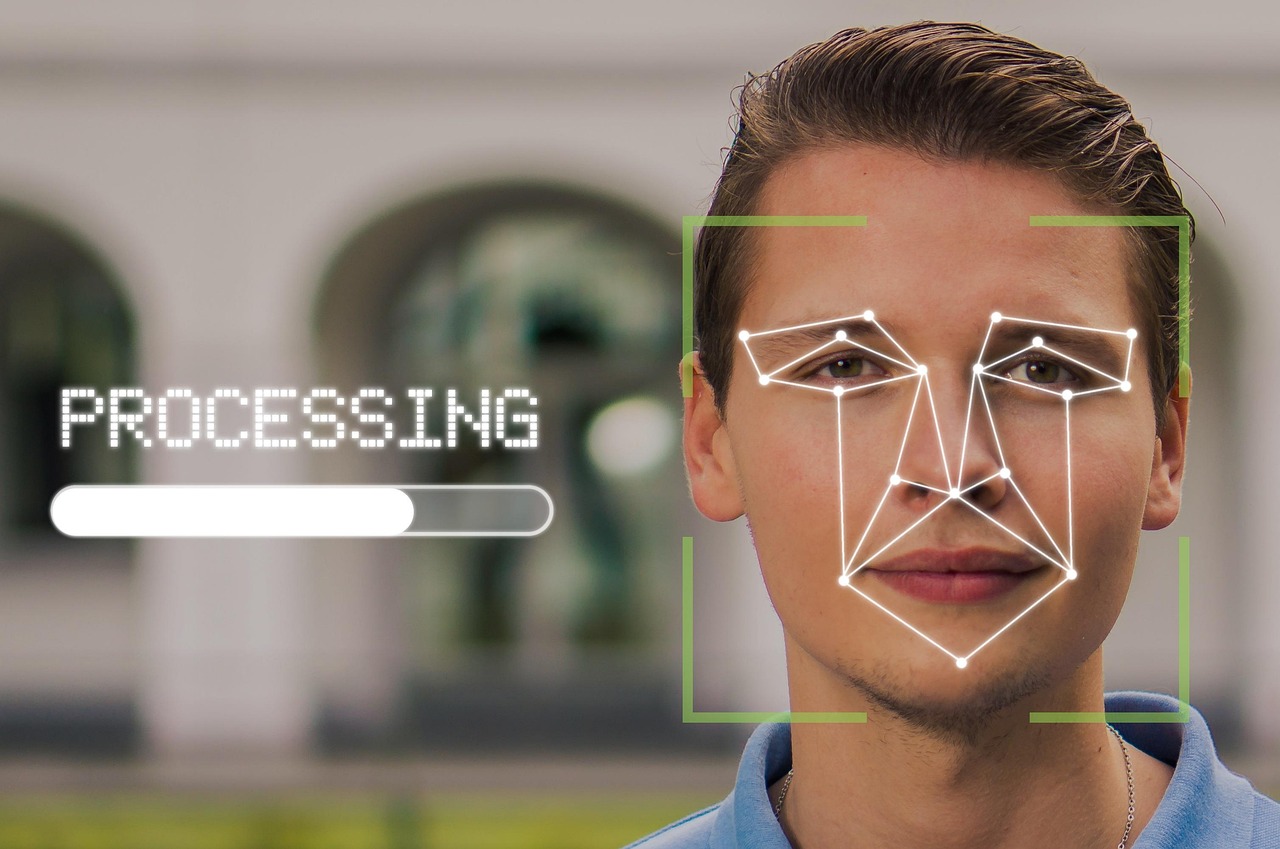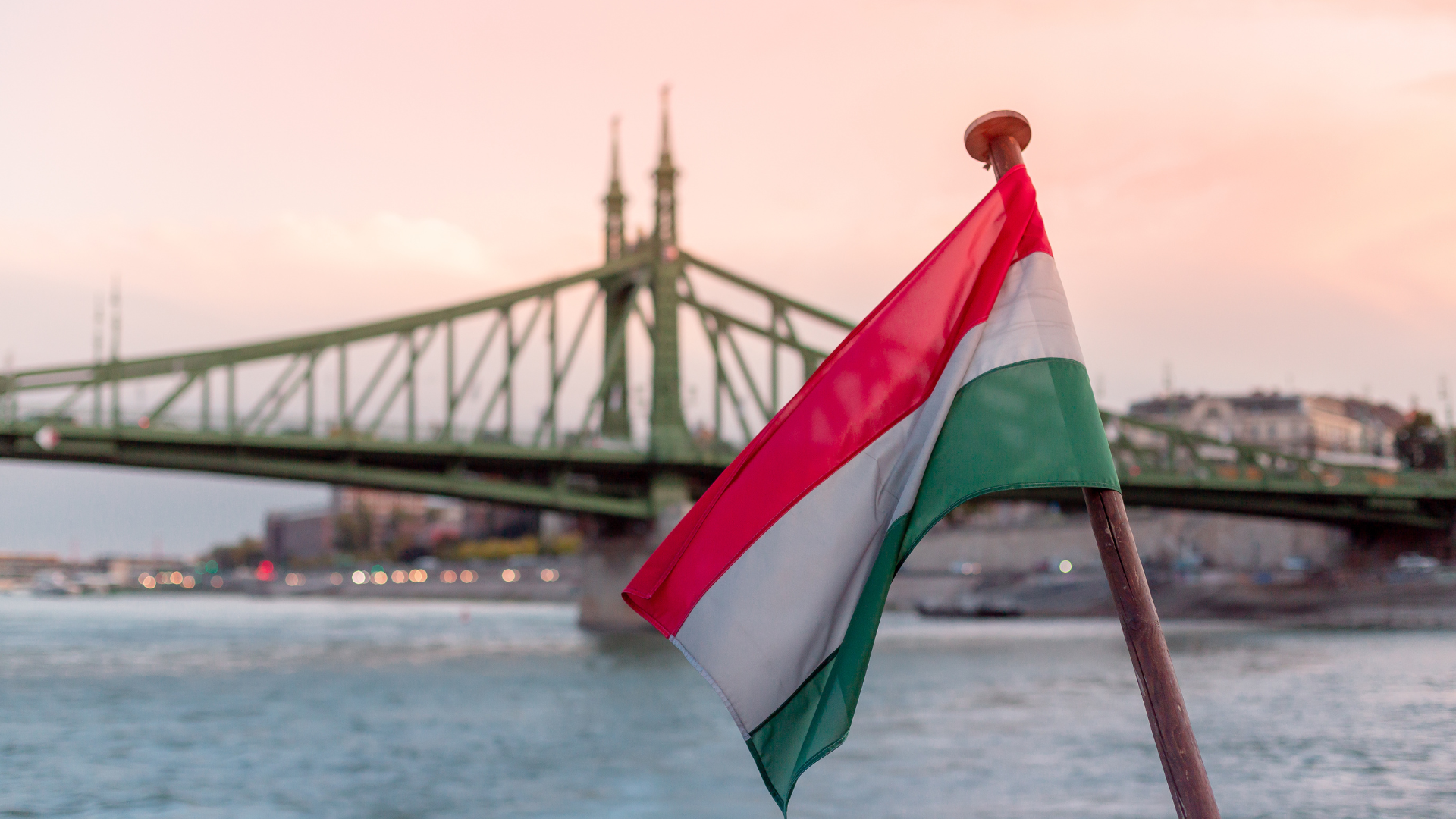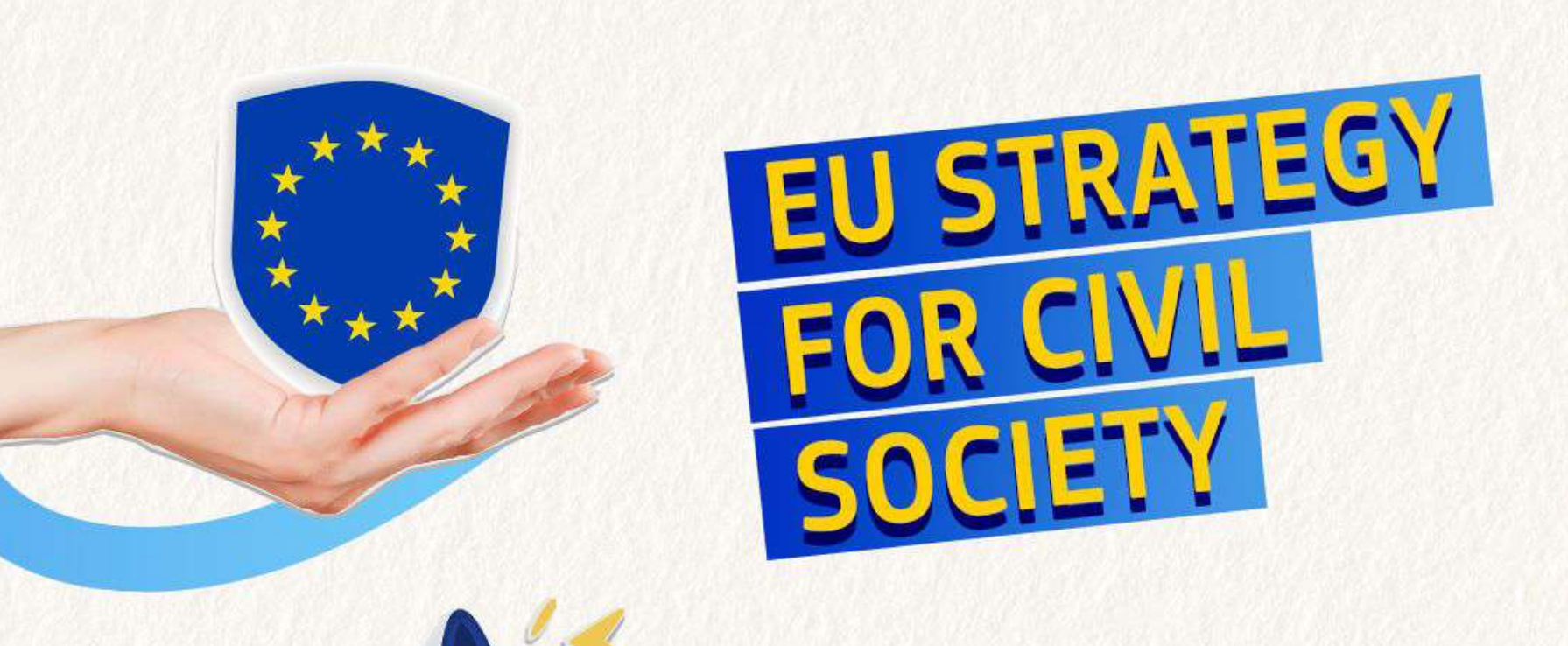Hungary’s Escalating Attack on Rights and Freedoms in 2025
Hungary’s recent wave of restrictive laws and attacks on civil society is threatening children’s rights, particularly for those growing up in vulnerable circumstances, from banning Pride marches and using facial recognition to target LGBTQ+ individuals, to criminalising NGOs, censoring education, and redefining child protection through a politicised lens.
In May, a draft law proposed by a Hungarian ruling party MP seeks to severely restrict civil society by banning NGOs critical of the government from receiving foreign funding, including EU support. The law would allow authorities to blacklist organisations, impose fines, and criminalise donors—posing a serious threat to democratic values and EU law; Eurochild endorsed an open letter opposing this move.
In April, Hungary has amended the constitution to revoke the right of dual citizens to stay in the country if they are considered a ‘’threat to public order, public security or national security". The proposed vague language might be used to target political adversaries or individuals with foreign connections.
In March, Hungary's Parliament passed a bill banning Pride parades. The new law also permits authorities to use facial recognition technology to identify and fine participants. This legislation is the latest in Prime Minister Viktor Orban’s ongoing crackdown on LGBTQ+ rights and is the first of its kind within the European Union. This legislation not only poses a direct threat to the rights of LGBTQ children and families and the right to assembly but may also violate EU data protection and AI laws.
Earlier in 2025, Hungary’s Office for the Protection of Sovereignty falsely accused NGOs supporting vulnerable groups of not serving the public interest. In addition, a proposed amendment to Hungary’s Fundamental Law prioritises child protection, including the "right to a self-identity corresponding to their sex at birth," over other fundamental rights, except for the right to life.
A longstanding pattern of rights violations
The recent developments in Hungary do not arise in isolation. They are part of a broader trend of attacks on democracy, the shrinking of civil society space, and a backlash against universal human rights. As early as 2021, we raised concerns about amendments that banned the discussion or depiction of diverse gender identities and sexual orientations in schools, television, and advertising. That same year, Hungary cited "school propaganda of LGBTQ activists" as a reason for vetoing the Council Conclusions on the EU Child Rights Strategy, despite this issue not being mentioned in the strategy. In our 2024 Flagship report, Eurochild members highlighted the growing stigmatisation of vulnerable groups, including LGBTQ children, children with disabilities, children living in alternative care, children living in poverty and migrant children.
The report shows that children’s rights have become heavily politicised, with the government distorting narratives, such as redefining child protection as shielding children from "LGBTQ propaganda." In the context of this challenging environment for NGOs working on human rights issues, NGOs have been prohibited since 2022 from providing training in schools on staying safe online. In addition, schools are no longer allowed to provide comprehensive sexual and reproductive health education, which plays a key role in preventing and raising awareness of sexual abuse.
A call for action
Children’s rights and child protection must never be politicised, selectively applied, or subordinated to ideological agendas. Hungary has a clear obligation under the UNCRC to ensure that the rights of all children, regardless of their background, identity, or circumstances, are fully upheld and that no child is discriminated against. Eurochild stands in solidarity with Hungarian civil society, which is increasingly under threat in the country, and urges European institutions and the international community to monitor the situation closely, speak up for civil society and take decisive action against these attacks on children’s human rights and those defending them.
For further information
- Look at the campaign on fighting anti-rights movements we launched in March
- Listen to our podcast episodes on the attacks on civil society and on shrinking funds




